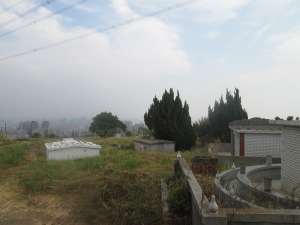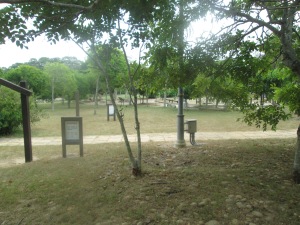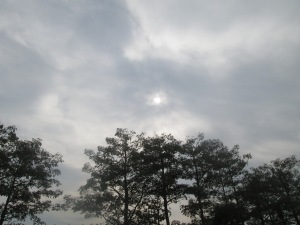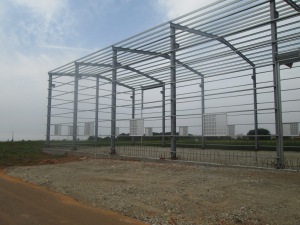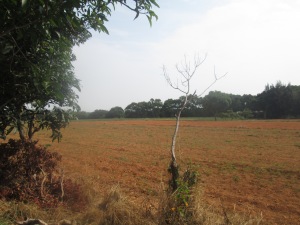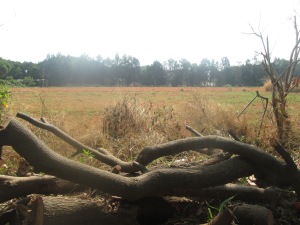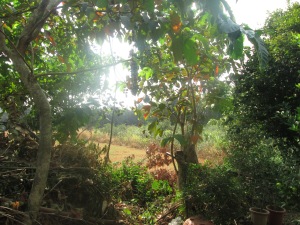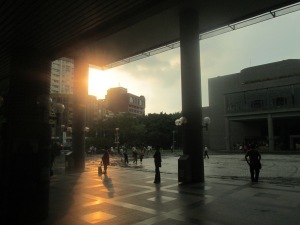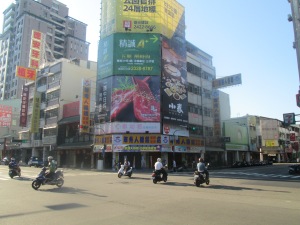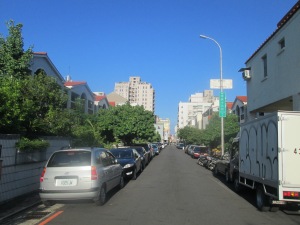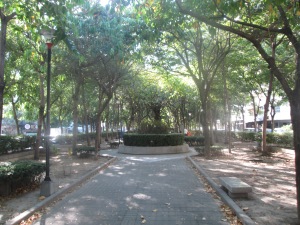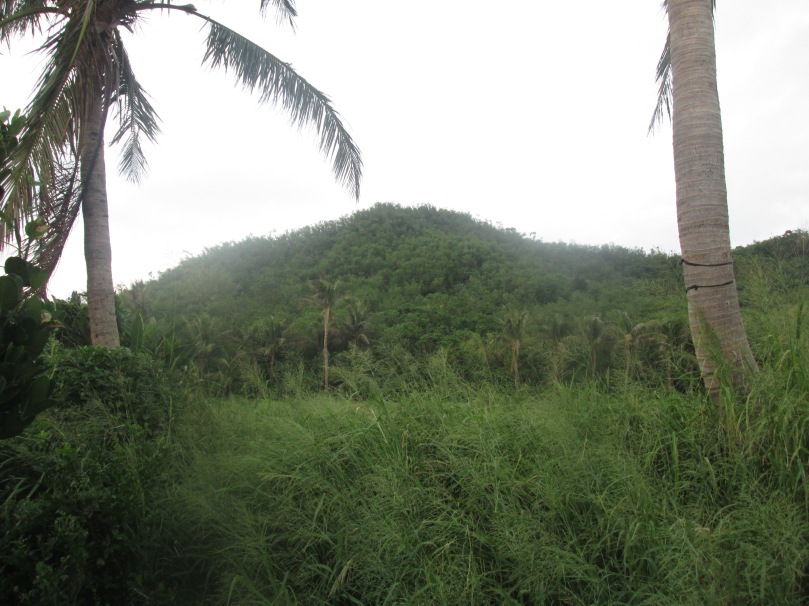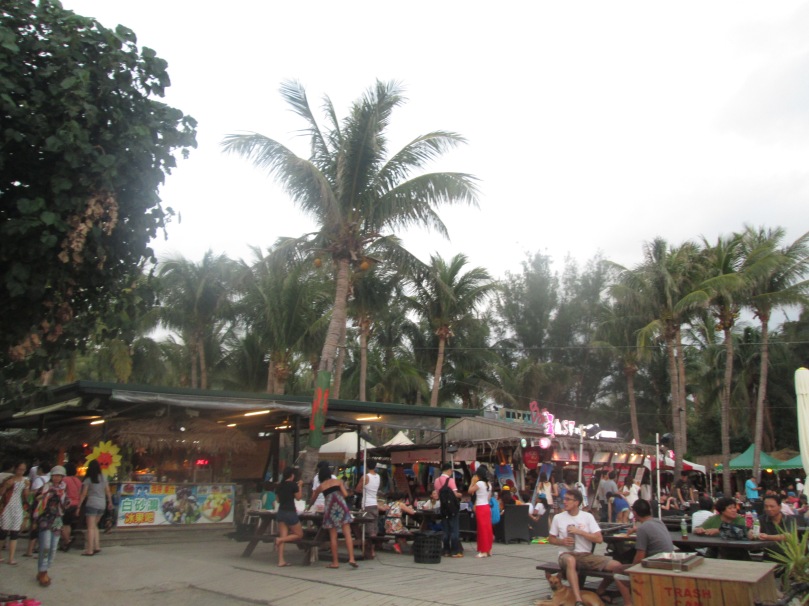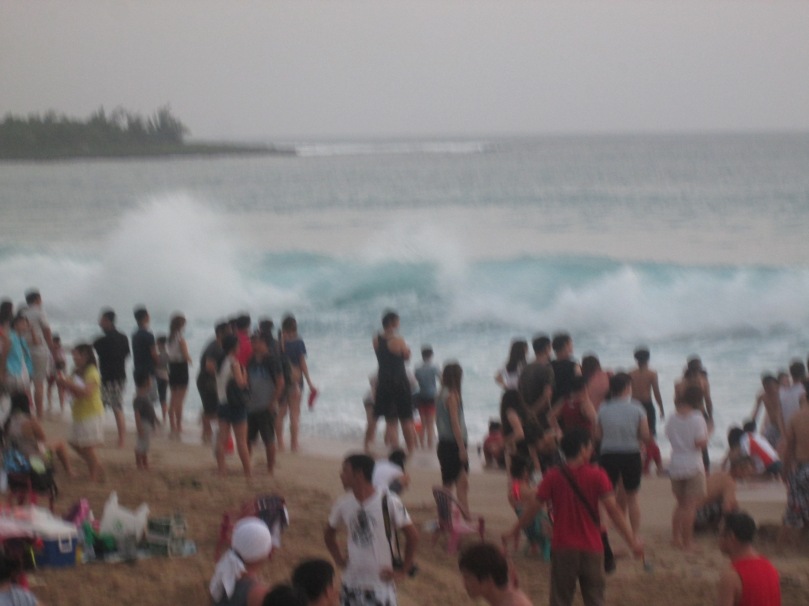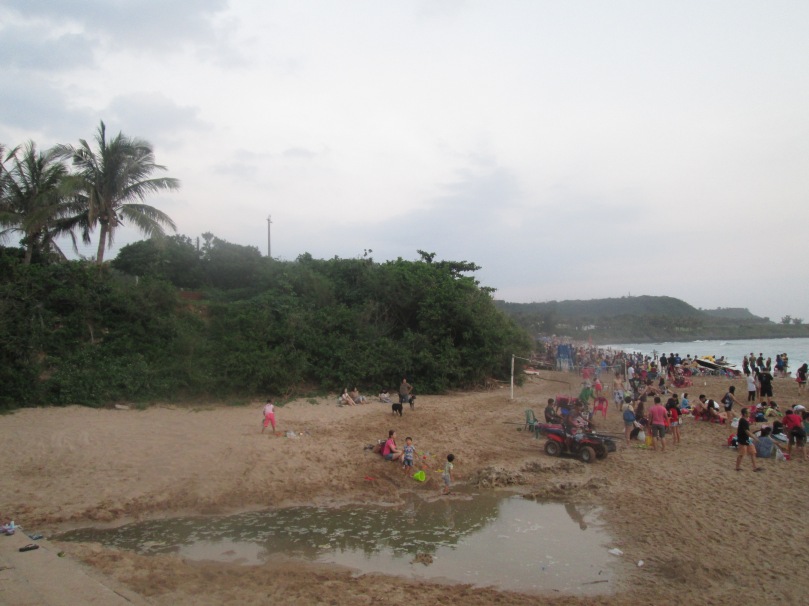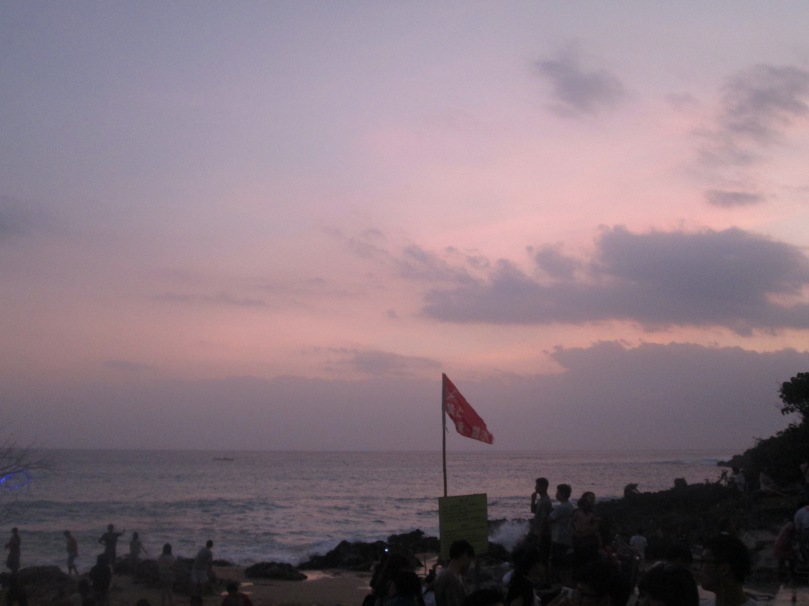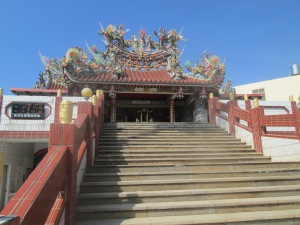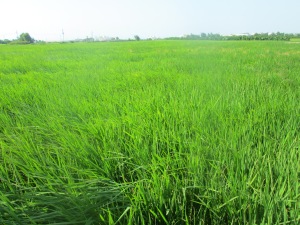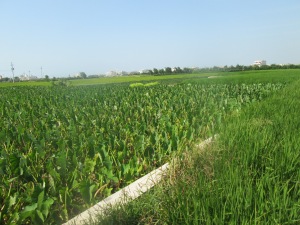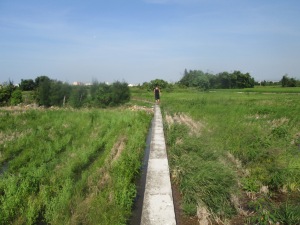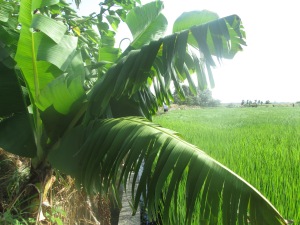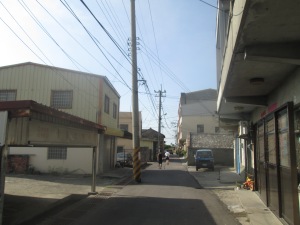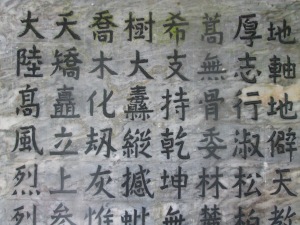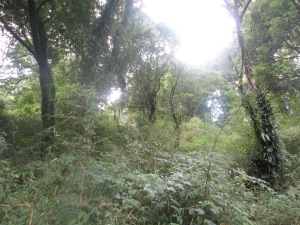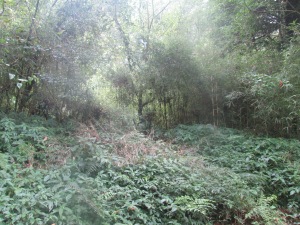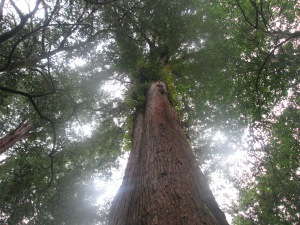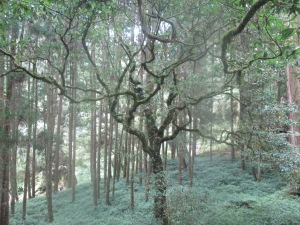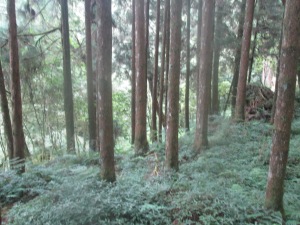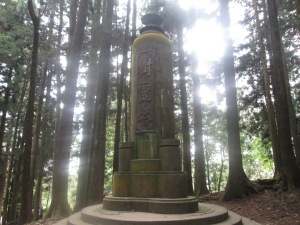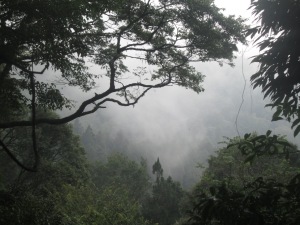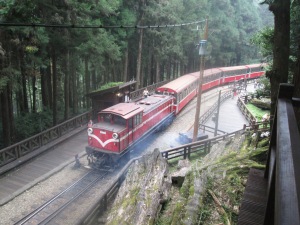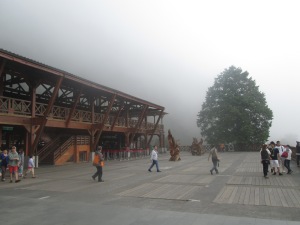Even as the sun has long set on the British Empire, its language blankets the globe and colonizes new tribes daily. Like the Zerg swarm of the Starcraft games, it breeds, mutates, multiplies and attacks, bringing other tongues to heel. As linguistic dominion replaces the military conquests of the days of yore, I, a solider in the long battle for global monolingualism, will struggle and fight, never tire, never slacken, never lose courage, and never lose faith! Sure, we have no really cool guys suavely walking away from massive explosions while putting on sunglasses. And usually, the most dedicated to our cause don’t quite ‘get the girl’ at the end of the movie. But these are our martyrs, toiling away for the sake of more efficient global communication! It doesn’t matter who we are. What matters is our plan!
As I’ve alluded to, everyone in Taiwan has what they call an English name. As of this writing, I only really know about two people’s Chinese names, because I either never hear the Chinese name or I forget it because it sounds pretty much like all the other Chinese words I hear. Sometimes speaking the language of another nation is a mark of aristocracy, while other times it’s a mark of defeat. Groups like the Amish, the Oranians, the Roma (Gypsies), and the Jews have survived in foreign lands without becoming assimilated because they kept their specific culture alive. I think this is what culture must be; the mechanism by which a genetic population enables itself to withstand the passage of time amidst the Other. Having another language forced upon your people is a strong indicator of what that tribe’s future is going to be. So English is a blessing and a curse. On the one hand, English lets you communicate your ideas with people all over the world, as well as appreciate many of the arts which would otherwise have been hidden. But at the same time, it means that many will be unable to stop the rising tide of alien ideas. If deceit has a language, in spite of all its artistic potential, that language is English.
What many people want from their English language education in the East is often like a lot of commercialized things; coffee without caffeine, candy without sugar, sex without sex and war without casualties. They want English without English. Maybe a metaphor for the future of the developed world? The adoption of the styles or accomplishments of the West, without its actual substance. Like a professor at a university describing with great knowledge, detail and enthusiasm the features of past civilizations, it may be that the people of the future study us and imitate us, and sometimes even claim to be us, after we are only a memory. What I find in Taiwan is that many of the little tidbits of Eastern wisdom that creep into Western discourse don’t actually represent the way of life of Asian society (as I’ve observed thus far), but the things the best of them fight so hard to achieve, like that boat colliding with that Great Wave of Kanagawa. 99% of Taiwanese are not martial arts gurus or mathematical prodigies, but many of their parents wish they were.
Equipped with a working knowledge of English, people can read Shakespeare. Or they can talk to foreigners; the uncivilized, barbaric Wei-Go-Ren who come to Taiwan and teach English or make bicycles. If you ask someone who’s spent a long time being exposed to Western ideas, they might say that what counts is freedom. As long as you have informed consent about a choice and then go for it, and it makes you happy, then this is the desirable outcome. But I think what counts is not merely what can happen, but what will happen. Not, what “can” kids do when they learn to speak the international language, but what will they do? Can their decisions be predicted within a small margin of error, and if so, what will those decisions be? The answer lies I think, in the fact that like America, Taiwan is in a stage between its traditionalist past and its dystopian Kali Yuga. But who knows, maybe “worse is better.” It certainly is for me, because if it weren’t for the usefulness of English to businesses, it would be much harder for me to travel and achieve my material and didactic ends. So clearly I don’t lament the demand for English. Someday soon, kids in the West might be forced to study Mandarin to be able to compete with the superior Asian tiger economies, with many studying on their own to unlock the cosmic keys to the realm of tea-drinking, spa visiting, car-driving bourgeois-dom. But many in Taiwan hate English because they associate it with hours of schooling, which is another blessing and another curse. The linguistic divide between Chinese and English is obviously vast, and who wants to put hours into something you don’t need?
I guess that’s what we have teachers for. Modern heroes and Footsoldiers of the Word! Parents pay for their kids to get a decent after-school education. Yet the concepts embedded in those words are likely to contain bits of poison, of which the West is the present host. Taiwan at least doesn’t contain any more of such poison than America does, and within Chinese is locked wisdom of the past crying out to be experienced, and perhaps even applied. It won’t make me Taiwanese, no matter what. But by learning English, people in Taiwan can become American, English, Australian, Canadian, and more. And that is its extraordinary, terrible power.
